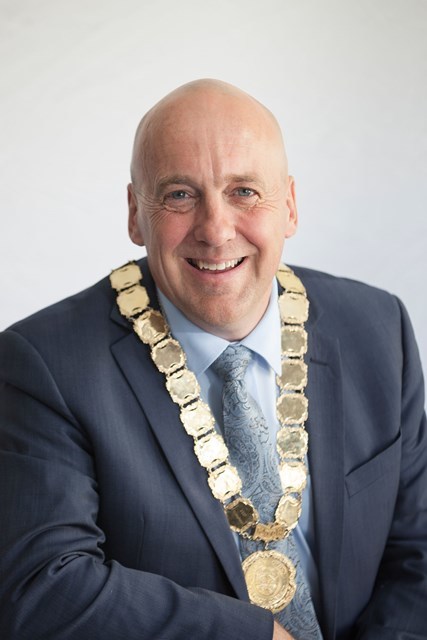Two bills or one Central still in deep water
Jill Herron
20 March 2022, 5:00 PM
 The costs of protecting our waterways will inevitably fall to ratepayers in Central Otago . . . above the Kawarau Arm of Lake Dunstan. PHOTO: Jill Herron
The costs of protecting our waterways will inevitably fall to ratepayers in Central Otago . . . above the Kawarau Arm of Lake Dunstan. PHOTO: Jill HerronWhether next year’s general election scuppers the Labour Government’s Three Waters Reforms or not, it seems Central Otago is likely to still face hefty bills sorting water issues.
The reforms, due to go to Parliament for debating in May, would see the whole South Island’s drinking, storm and wastewater removed from the district council’s books and controlled by one large entity.
Mayor Tim Cadogan said if passed into law, the reforms would likely be put into action in July 2024.
Ratepayers would then receive two bills, one from the Central Otago District Council for general rates and one from ‘Entity Four’ for water-related rates.
Opposition parties – namely National and ACT - had both stated they would stop the reform process if elected, he said.
That election is expected to take place in late 2023.
In November Mayor Tim joined eight other mayors, nine iwi representatives and two officials from across the country, on a working group to try and improve on what Labour had proposed.
With face-to-face meetings difficult due to the pandemic and geographical spread of members, the group persevered with lengthy online sessions in their determination to have input.
“We had eight full day meetings, all but two of which were in Zoom. Between preparing for meetings, telephone calls and reading it added up to around 100 hours work.”
The working group’s scope was limited by the Government but fresh ideas on governance, representation and accountability which they later submitted were described by Local Government Minister Nanaia Mahuta as “helpful”.

Central Otago Mayor Tim Cadogan who recently was part of a national working group on water reforms. Image CODC
Mayor Tim said the biggest water issue facing Central Otago was in fact the expectation that soon enough, whatever happens, we will no longer be permitted to discharge treated water into other water bodies.
“The current 92 percent of our treated wastewater that goes to other water bodies will need to become land-disposal based. That is going to come at a huge cost to ratepayers.”
There were also new drinking water standards to meet, something council in 2018 had set itself a target to do, over a 10-year period.
He said "substandard" would be too harsh a word, but he didn’t doubt people here had been, and were still, drinking water that did not meet current government regulations.
While CODC had benefitted from $9.46M for water upgrades given as a kind of advance of Labour’s reform package, there were other parts that were perhaps not so welcome.
The scale benefits of having one huge agency at the helm of the South Island’s water infrastructure instead of dozens of councils doing their own thing, were rather murky.
“I’m unsure whether the degree of efficiency claimed will be met, but I do believe there will be some savings. Whether those savings are enough to justify the loss of local control and input is a fundamental question.”
He was also unsure how upgrade costs could be fairly spread across regions when each had different requirements.
Because, unlike Central Otago, most neighbouring regions did not have water meters, there could be an initial uneven spend to rectify this.
“Putting in water meters will, in my view, be the first thing the entity does. Water meters provide a good example of why changes need to be made though. We are one of very few small councils that have meters on all their town supplies.”
When these were installed an estimated 80 percent of consumers received a lower water cost and it was accepted that the use of meters encouraged less usage and therefore savings of around 25 percent.
“A really serious question has to be asked why those other councils have not followed our lead on this one.”
While this may lead to Central paying while others upgrade initially, he said further down the track the advantage may swing back our way.
“In later years we may be grateful for other places to share the cost of getting us on to land-based wastewater discharge.”



